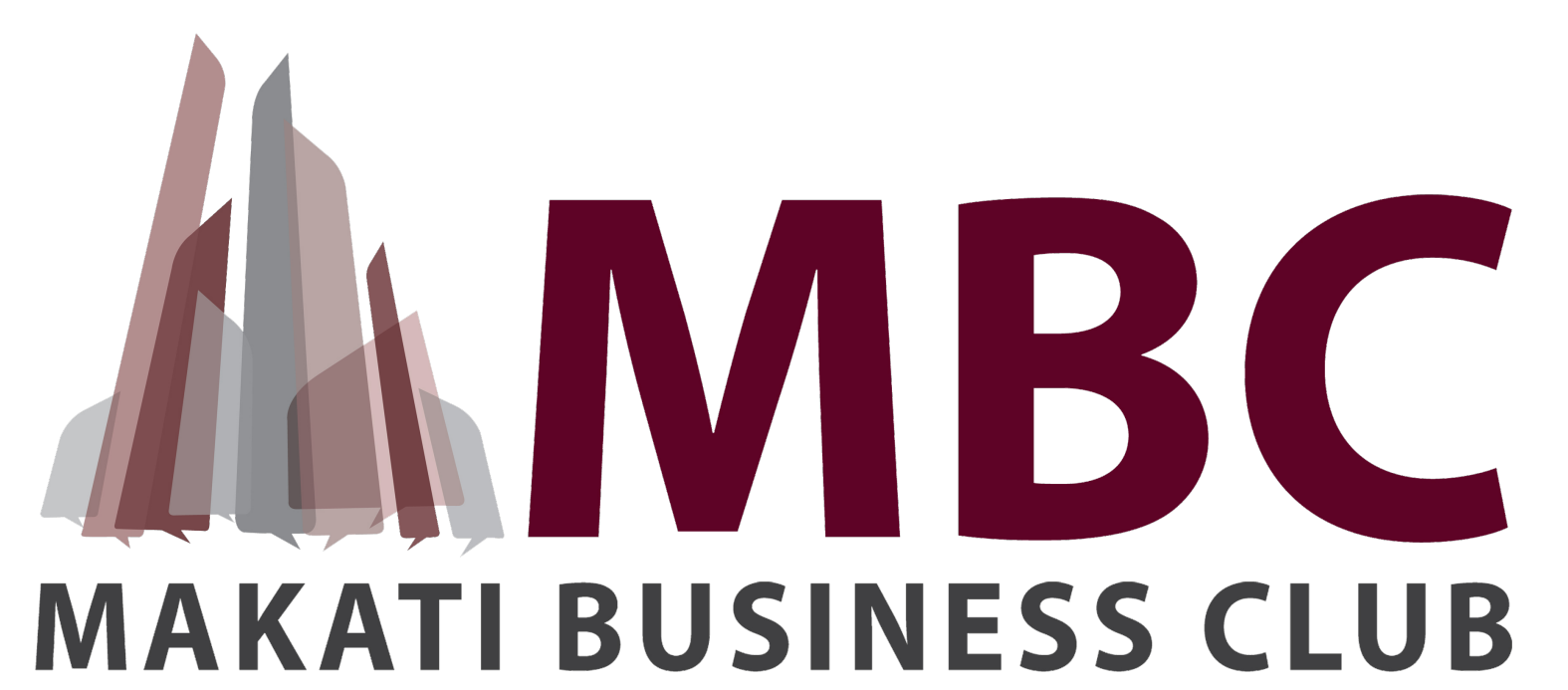Policy Note: Waste-to-Energy Momentum Builds in the Philippines
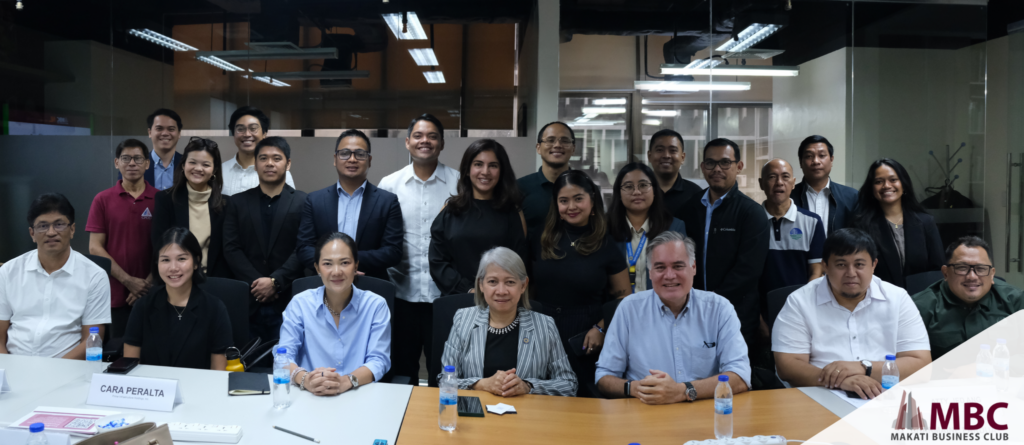
24 June 2025 – Key government agencies and private stakeholders came together at the Makati Business Club (MBC) and the Embassy of the Kingdom of the Netherlands’ Public-Private Sector Roundtable on Waste-to-Energy (WTE) to explore how policy, planning, and investment can better align to unlock viable WtE projects in the Philippines. The session built on insights from a closed-door dialogue with private sector actors held in May.
The roundtable, which included representatives from the Department of Energy (DOE), Department of Environment and Natural Resources (DENR), Department of Interior and Local Government (DILG), along with WtE developers, utilities, and waste service providers. The discussion highlighted a shared commitment to resolve persistent barriers facing the sector, including high project costs, regulatory uncertainty, and challenges in ensuring that WtE plants consistently receive enough waste to operate. The dialogue was candid and forward-looking, with stakeholders recognizing key challenges while highlighting opportunities for coordination and reform to enable scalable, policy-aligned projects.
Key Takeaways
- Policy shifts may create new opportunities for WTE. The Department of Energy is set to include Waste-to-Energy and biomass in its next renewable energy auction by the fourth quarter of 2025. This move could open the door for more WtE projects to access long-term power contracts. Recent policy updates also clarified that WtE may be eligible for incentives under the Renewable Energy (RE) Law, even if the waste used is not primarily organic.
- WtE needs to be seen as both a waste and energy solution. Much of the cost of WtE comes from handling and processing the waste itself. For these projects to be financially viable, the electricity they generate must also be sold at fair and predictable prices. Recognizing WtE as part of the country’s energy infrastructure, and not only as a waste disposal method, is key to improving project feasibility.
- Cities and municipalities need to work together to make WtE feasible. Most local governments don’t generate enough waste to support WtE projects on their own. Encouraging LGUs to cluster or coordinate can help pool waste supply and improve project scale. National agencies are reviewing regional data to identify where this model could work.
- Cost remains a key barrier for WtE compared to landfilling. For many LGUs, sending waste to a landfill is still the cheaper option. One reason is that the fees paid to dump waste often do not reflect the full cost over time. These fees usually cover only the immediate expense and not the added costs of hauling waste long distances, managing landfill sites, or dealing with environmental effects later on. Some participants shared that understanding these full costs could help in deciding where WtE might be a better fit.
- Leadership, coordination, and a system-wide view are essential. Participants emphasized that advancing WtE will require more than just technology or pricing solutions. Strong leadership, clear institutional roles, and better alignment across agencies and LGUs will be important. A system-wide view of procurement, infrastructure, and governance can help reduce risks and improve project outcomes.
This dialogue will be followed by a policy brief outlining the rest of the discussion and key recommendations for stakeholders across sectors. To stay updated, follow Makati Business Club on Facebook and LinkedIn.
We welcome continued engagement in our sustainability agenda. If you are interested in knowing more of this initiative, please contact our Sustainability Lead, Eunice Tanilon, at eunice.tanilon@mbc.com.ph and our Sustainability Project Officer danii.nepomuceno@mbc.com.ph
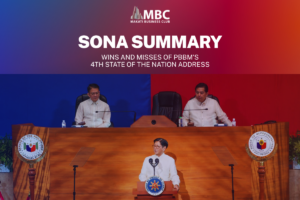
SONA Summary: Wins and Misses of PBBM’s 4th State of the Nation Address
5 August 2025 – Makati Business Club would like to share below a summary and quick analysis of PBBM’s 4th State of the Nation Address
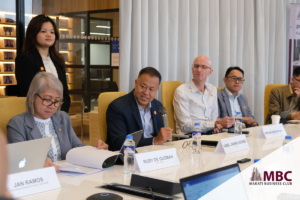
Policy Note: 2028 Offshore Wind Target Spurs Urgency in Ports, Grid, and Policy Reforms
Policy Note: 2028 Offshore Wind Target Spurs Urgency in Ports, Grid, and Policy Reforms 09 July 2025 – Makati Business Club, in partnership with the
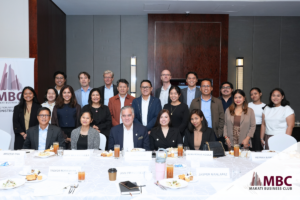
Policy Note: Private Sector Eager to Unlock Offshore Wind Potential, Calls for Clarity and Coordination
Policy Note: Private Sector Eager to Unlock Offshore Wind Potential, Calls for Clarity and Coordination 19 June 2025 – Private sector leaders recently joined a
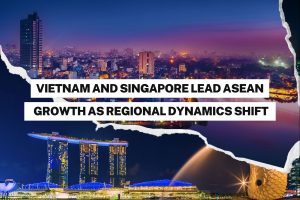
ASEAN 6 GDP: Vietnam And Singapore Lead ASEAN Growth As Regional Dynamics Shift
ASEAN 6 GDP: Vietnam And Singapore Lead ASEAN Growth As Regional Dynamics Shift Country Q1 Q2 Q3 Q4 2025 Indonesia 4.87 5.12 5.04 5.39 5.11
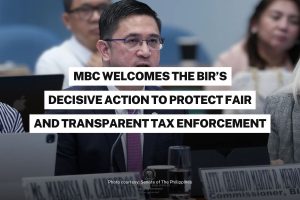
MBC Welcomes the BIR’s Decisive Action to Protect Fair and Transparent Tax Enforcement
MBC Welcomes the BIR’s Decisive Action to Protect Fair and Transparent Tax Enforcement 24 February 2026 – The Makati Business Club commends Bureau of Internal
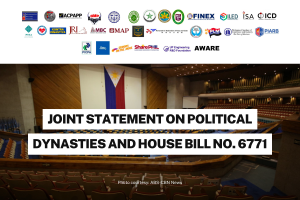
Joint Statement on Political Dynasties and House Bill No. 6771
Joint Statement on Political Dynasties and House Bill No. 6771 13 February 2026 – The absence of an effective Anti-Dynasty Law has allowed political power
